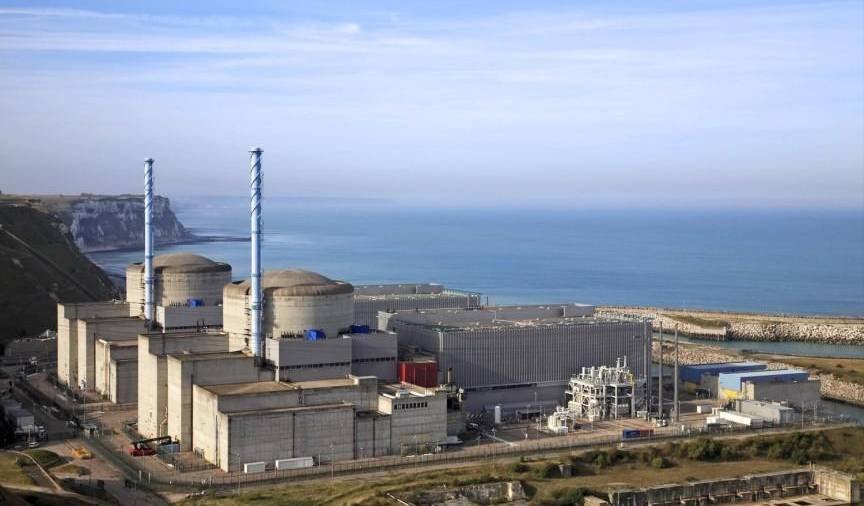 France’s Nuclear Safety Authority (ASN - l'Autorité de Sûreté Nucléaire) has asked Électricité de France (EDF) to "revise its strategy" for repairing plants affected by stress corrosion issues after EDF detected a new crack at unit 1 of the Penly NPP.
France’s Nuclear Safety Authority (ASN - l'Autorité de Sûreté Nucléaire) has asked Électricité de France (EDF) to "revise its strategy" for repairing plants affected by stress corrosion issues after EDF detected a new crack at unit 1 of the Penly NPP.
EDF reported the finding to ASN in a recent update of its significant safety event declaration relating to the presence of stress corrosion cracks on several of its reactors. The update related to reactor 3 at the Cattenom NPP and reactors at the Civaux, Chooz B and Penly plants.
As to Penly 1, ASN said the crack is located near a weld in a line located in the hot leg of the safety injection system. The crack extends over 155mm, or about a quarter of the circumference of the pipe, and its maximum depth is 23mm, for a pipe thickness of 27mm.
ASN noted that the line was considered by EDF” as not susceptible to stress corrosion cracking due in particular to its geometry”. However, the weld has undergone a double repair during construction of the reactor, “which is likely to modify its mechanical properties and the internal stresses of the metal in this zone”. The presence of the crack “means that the resistance of the piping is no longer demonstrated”.
The EDF update also indicated that inspections had detected the presence of thermal fatigue cracks, on lines considered to be sensitive to stress corrosion of the safety injection circuit of the Penly 2 reactor and reactor 3 at the Cattenom plant.
ASN said this had no consequences on the personnel or on the environment. “Nevertheless, it affects the safety function related to reactor cooling. Due to its potential consequences and the increased probability of a rupture, the ASN classifies it at level 2 on the INES scale with regard to reactor 1 of the Penly NPP and at level 1 for the other reactors concerned.”
EDF noted that it implements a control programme for repaired welds on emergency cooling lines, more than 150 of which had been subject to laboratory expertise. Inspections were continuing under an inspection programme for all the reactors which started in 2023.
Corrosion problems were first detected in 2021, sparking a campaign of inspections and repair works, with 32 of France’s 56 reactors simultaneously shut down in the summer of 2022 either for maintenance or because of corrosion. An investigation found that EDF’s 16 newest units — including the two Penly reactors — were more prone to the phenomenon mostly because of the design of their emergency cooling pipes. Cracks may also be caused by welding and other defects.
Image: Penly nuclear power plant (courtesy of Reuters AFP)



